Nurse Clinics
We have a team of Registered Veterinary Nurses and Student Veterinary Nurses, ready to help you look after your pet’s health. Our RVNs are fully qualified and registered with the RCVS for professional standards. We are a nurse training centre and also work with the University of Bristol Veterinary Nursing Degree students.
Our qualified nurses can be identified by their green uniform whereas the student veterinary nurses have a striped green and white tunic.
Veterinary nurses hold several clinics just like the vets. Nurses can help clip claws, empty anal glands, provide nutritional advice, behaviour clinics, weigh and play for puppy socialisation, blood pressure checks, over-eight clinics, rabbit awareness clinics, microchipping and more.
Our nurses are available Monday to Saturday. Give us a call to book your appointment.
Clinics we offer:
Choose a tab below to find our more:
Weigh and play
Pet owners are advised to visit a nurse clinic every month to have their pet weighed to ensure steady growth and development, discuss the nutrional needs of your pet and dispense appropriate flea and worm treatments. This is also a great opportunity for your pet to come to the vet and have a play, some treats, and a positive experience with no injection.
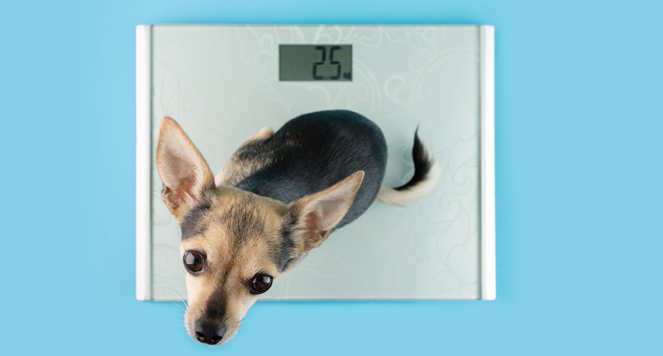
Dental
In our dental clinics the nurse can make a general assessment of your pet's teeth, discussing with you the best preventative dental care such as brushing, dental chew or diets as well as providing a demonstration of teeth brushing. In some cases, a general anaesthetic and dental scale and polish may be recommended. The nurse would then refer you to a vet for this procedure.
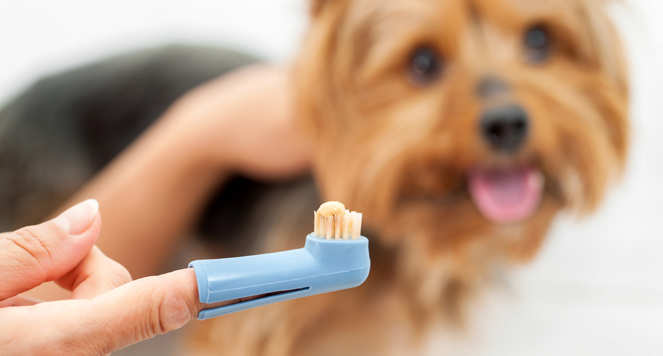
Puppy class
Life skills for puppies class is our puppy class for dogs aged 8-16 weeks The Life skills class is run by Behaviour nurse Sarah Liversage MSc Clinical Animal Behaviour, Certified Rehabilitation Practitioner, Registered Veterinary Nurse. Sarah will teach you and your puppy how to prevent common behaviour problems and how to be responsible and well behaved.
The skills your puppy will learn are to have confidence, like surprises, like to be touched, have self-control and can tolerate frustration, can be calm, know the rules, can listen, have good manners, can make the right choice and allowed to be a dog. Your puppy will also learn sit, down, stand, come when called and be comfortable when groomed and touched
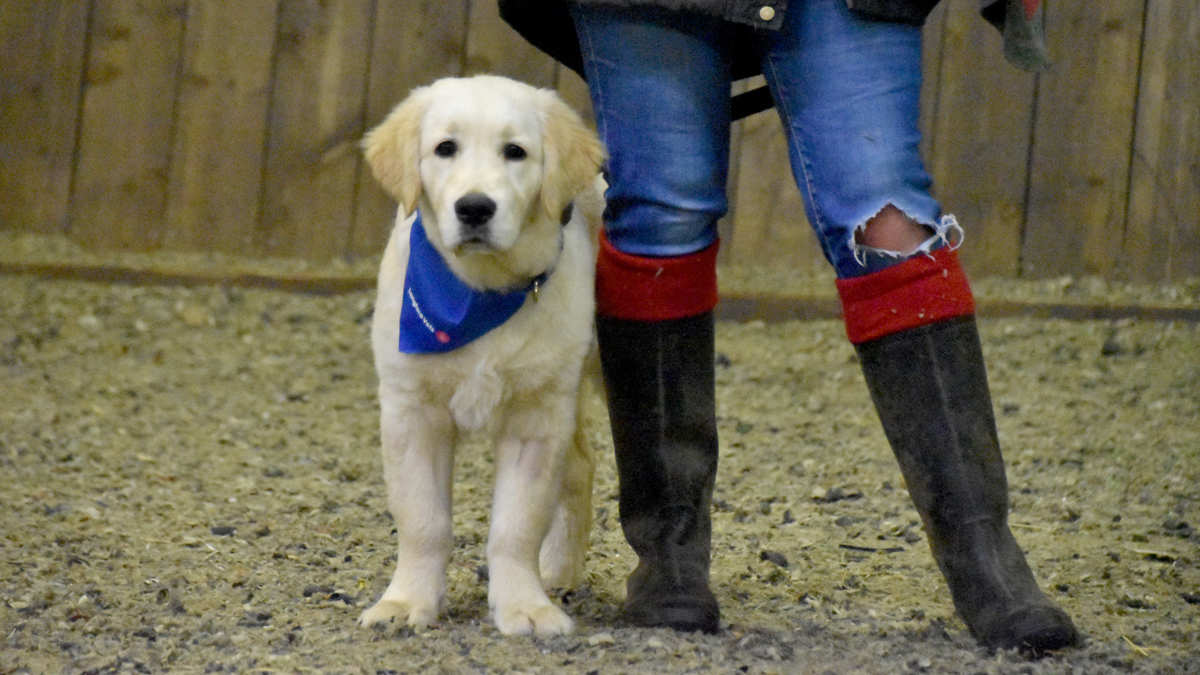
Post-surgery checks
These are offered after any surgical procedure. The nurse will ensure your pet is healing well and answer any concerns you may have about wound care or medication.
These checks are particularly important after neutering to monitor your pet’s weight. Around this time the changes in your pet's metabolism may mean they need a slightly reduced level of food. Picking this up early means any potential weight gain problem can be resolved in the early stages.
Vaccination
Vaccination is an important preventative healthcare. Under schedule 3 of the veterinary Surgeons Act 1966, the administration of vaccination can be delegated to a veterinary nurse. A veterinary nurse understands the different type of vaccinations and the mode of action. Once the vaccination has been prescribed by the veterinary surgeon, the veterinary nurse can administer the subsequent vaccinations (normally the 2nd and 3rd part of the primary courses). At LVP our nurse clinics run Monday to Saturday, if your pet needs a subsequent vaccination then call us and book your appointment with a nurse.
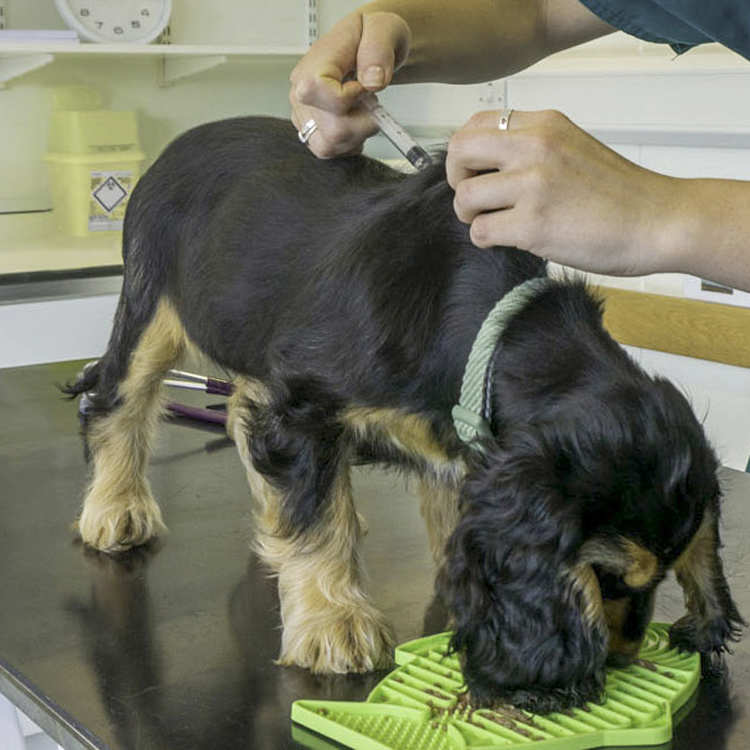
Injections clinics
Veterinary Nurses are trained in safe and aseptic administration of medications and vaccinations. We run daily injections clinics for patients that are on monthly preventative treatments for allergies and joint support.
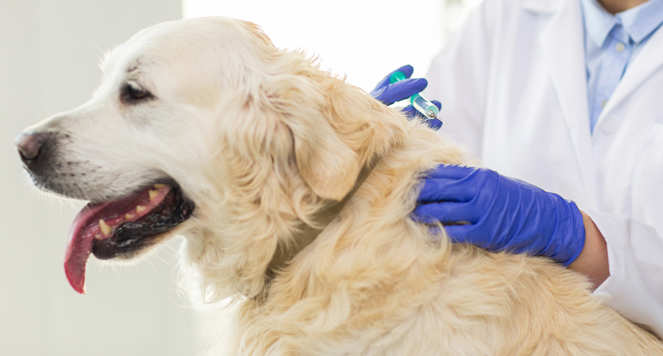
Blood samples
Vets use a variety of diagnostic procedures to aid with diagnosis or monitoring conditions. One of the many procedures is running laboratory tests. To run these diagnostic tests a blood sample is often required. Veterinary nurses are trained in taking blood samples and ensuring the patient is correctly prepared and held correctly, and that the area where the sample is being taken is clipped and aseptically prepared.
Nail clip
Looking after your pets' nails is a vital part of caring for your pet. From time to time many pets will need to have their nails trimmed or clipped. It’s good practice to check that they aren’t growing too long. Long nails can cause problems like splitting or growing into the pad of the foot. This can be painful and cause infections.
Nails should be cut with specially designed pet nail clippers, and it is important not to cut them too short which may cause bleeding. Nail clipping can often be a two-person job and we offer nail clipping as part of our nurse clinic service.
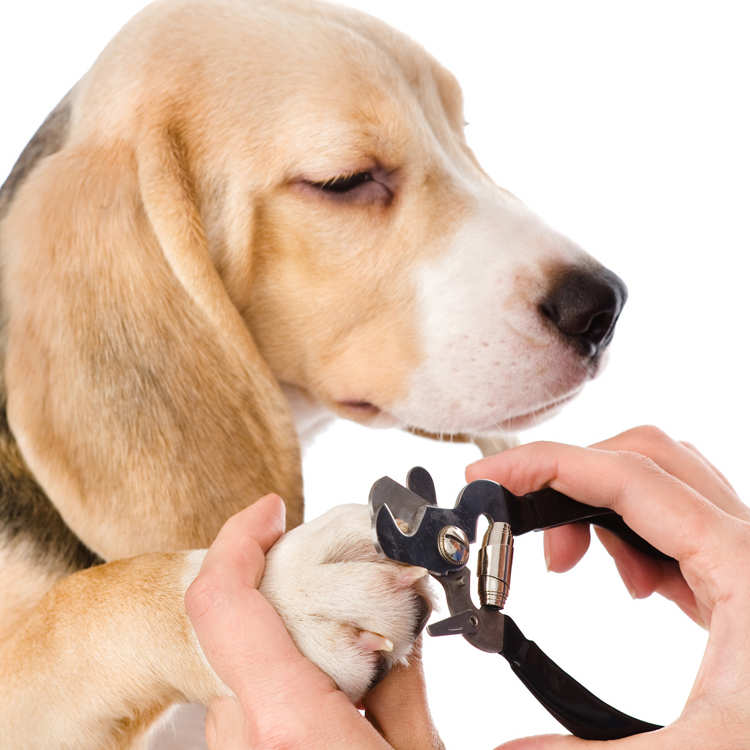
Bandaging
Bandaging is one of the many skills a veterinary nurse has. Bandages can be used for many different things, for example wound healing, first aid to stop haemorrhage, supporting fractures and to helping keep catheters and feeding tubes in situ. Patients that need regular dressing or bandage changes attend our nurse clinics. As well as bonding with the patient by seeing them regularly, this is a great way to promote good wound healing and an opportunity to monitor the healing process.
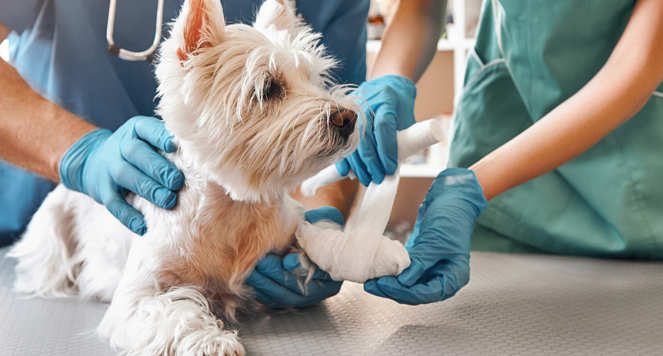
Senior pets
Over eight clinics. This is a great opportunity to discuss lifestyle tips for our older pets, nutrional needs, joint support and perform some early diagnostics such as blood pressure measurements and urine analysis.
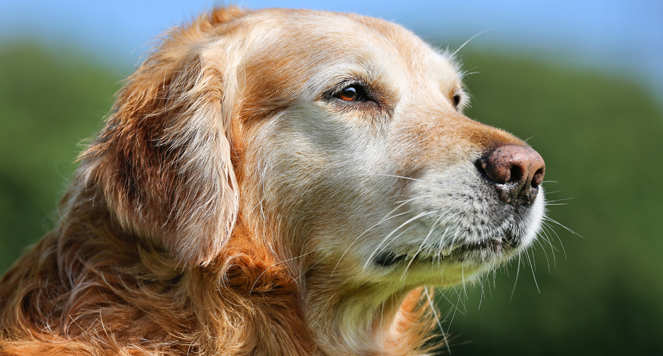
Slim4Life clinics
Our nurses will draw up a bespoke exercise and weight loss programme to suit your pet and their lifestyle. This will enable weight loss at a steady pace, while making sure your pet feels full and content. They will want to meet up regularly to ensure you feel supported along the way.
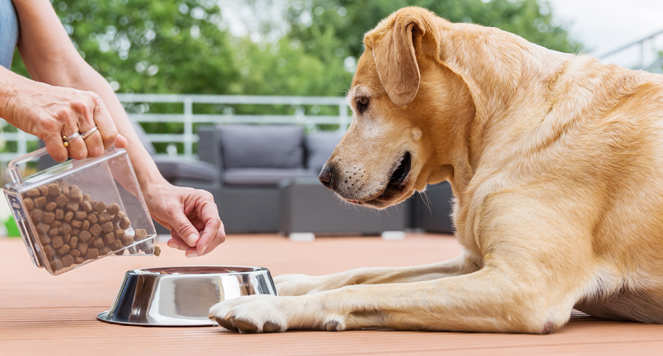
How do I tell if my pet is overweight?
Pets that are more than 25% above their ideal body weight are classed as obese and this can cause other health problems as well. Your pet should nip in at the waist when you look at them from above and you should be able to feel the ribs, but not see them. Our nurses can help you assess your pet’s condition and bodyweight if you are unsure.
Some of these clinics are free if you are a member of The Langford Club (TLC).
Frequently Asked Questions
What can veterinary nurses do?
- Veterinary nurses can help you with many aspects of pet care and husbandry, they are experienced and have undertaken extensive training to earn the title of Registered Veterinary Nurse. Most are also pet owners and can draw on personal experience to provide you with individual advice for your pet care.
- They can administer medication that has been prescribed by a Veterinary Surgeon
- They can carry out some minor surgical procedures under the direction of a veterinary surgeon.
- They are extensively trained in anaesthetic monitoring and the care of hospitalised pets.
What can’t veterinary nurses do?
Veterinary nurses are not able to make a diagnosis or prescribe medication.



